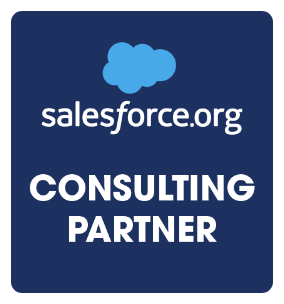
Many large Higher Education institutions have invested a lot of time and money into Enterprise Resource Planning (ERP) solutions, and yet so many are not satisfied with the value their system delivers.
If your organization completed a cloud ERP implementation in the past several years, you may be asking some of the following questions:
- Why are the financial reports generated from PC-based tools such as Excel and Access? Is the data in the cloud incomplete or not summarized correctly?
- What is the cause of the aged receivables balance increasing and the significant balance of unapplied and unidentified cash?
- Why are project managers not addressing project overspending more quickly?
- Why does staff cling to old programs and processes rather than working in the cloud?
If these questions sound all too familiar, there are three things you can do.
1. Survey the managers and administrators in the field to solicit honest feedback on their cloud experience. For example:
- Do they trust the integrity of the data?
- Is reporting in the cloud:
- Complete
- At the correct summary or detail level
- Timely
- Are approvals managed in the cloud?
- Are work tasks and deadlines managed in the cloud?
- Is processing and information spread out between too many navigation points/pages?
- Are staff creating and changing data in the cloud based on rote instructions instead of an intuitive understanding of the system?
2. From the feedback observations create two lists:
- Quick Hits – easy to fix items such as:
- Modifying setup items
- Addition or modification of workflows and task management features
- Existing functionality to improve data integrity (e.g., setup defaults and templates)
- Prioritized Pain Points with related return on investment
- Missing, incorrectly summarized or untimely reporting data
- Easy to access relevant training and on-line help
- Task streamlining via application tools
3. Assess if in-house resources (time and knowledge) can design and implement solutions
- Are setups clearly documented and understood?
- Will IT staff need to be trained on reporting and application development tools?
- Is training available and relevant?
If you need further assistance, Attain Partners has developed two Oracle offerings which will close the gap between original expectations and your current ERP experience.
ENHANCED USER EXPERIENCE
- Identify high impact business flows for improvement
- Guide deployment of underutilized Oracle tools
- Provide detailed instructions for the setup and maintenance of Oracle tools
HEALTH CHECK
- Identify setup and feature usage changes to improve reporting, invoicing, and task completion
- Identify data patterns to:
- Reduce list of values (LOV’s) to only those items needed
- Reduce direct inputs by default of data via setup configurations
We’re ready to hear about your challenges and help you navigate a path forward. To start the dialog please contact us directly at [email protected].

Debbie Pegram is a Senior Specialist with Attain Partners with over 25 years of experience serving customers before, during, and after ERP implementations. After carefully listening to understand clients’ challenges, she engages every available resource to deliver a solution. Her experience spans from implementing new financial systems and building data warehouses at Walt Disney World to being a part of both Oracle E-Business Suite (EBS) and cloud ERP implementations for large municipalities, prestigious universities, and international entities such as the United Nations.










